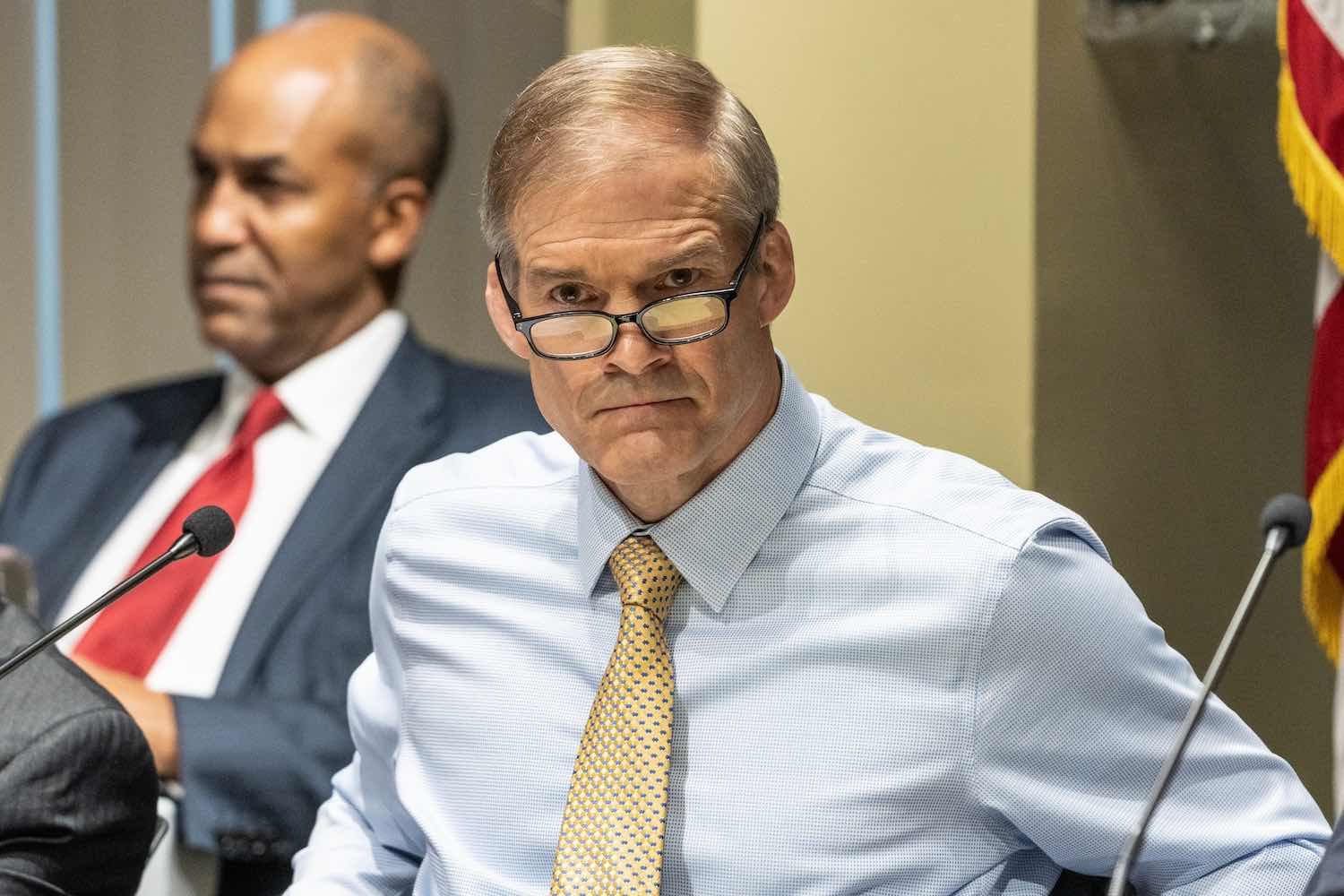ImpactAlpha, April, 28 – Shareholder activists are looking for record wins at this year’s annual general meeting season, which runs through the summer. A big test will come this weekend, when investors flock to Omaha for Berkshire Hathaway’s meeting, known as the ‘Woodstock for Capitalists.’
On the ballot: a proposal that asks the conglomerate to assess how it manages physical and transitional climate-related risks and opportunities.
The proposal, flagged by Climate Action 100+ for special attention, follows a similar resolution last year that garnered significant support among investors. Berkshire’s 91-year old leader, Warren Buffett, opposes it.
The showdown is also a test for the Gates Foundation. After sizable donations from Buffett, the Bill & Melinda Gates Foundation Trust holds more than 33 million shares in Berkshire Hathaway, worth more than $10 billion. The pair, now divorced, have a famously close relationship with Buffett, a former trustee of the foundation.
At the same time, the foundation’s grant-making work is aimed at addressing global health and climate change. Bill and Melinda Gates guide the managers of the foundation’s endowment in voting proxies “consistent with the principles of good governance and good management,” according to the foundation trust policy.
How will they vote?
We may never know. Unlike asset managers and pension funds, foundations, family offices and other pooled non-beneficiary funds are under no obligation to report how they vote their proxies. “There are significant pools of capital that end up having very significant opacity around their proxy voting,” Majority Action’s Eli Kasargod-Staub tells ImpactAlpha.
For the Gates Foundation, that’s more than $50 billion worth of opacity.
Aligning assets
More foundations have moved to align their investments with their missions. The Gates Foundation itself faced an uproar in 2007, when reports suggested its investments in polluting fossil fuel companies outweighed – and undermined – its grants aimed at improving health.
Charitable organizations have been slower to embrace proxy voting and engagement as a means of change. That’s a shame.
Retooling portfolios and investment strategies can take years. “Proxy voting can change today,” says Kasargod-Staub.
“We’re starting to see more and more philanthropic asset owners wake up to their power and influence,” he adds.
That includes throwing their support behind shareholder resolutions and pressing the asset managers who handle their endowments to vote their proxies in line with philanthropic missions.
The Nathan Cummings Foundation and the Marguerite Casey Foundation were among the signatories of a recent letter sent to BlackRock, Vanguard, State Street and Fidelity calling on the asset managers to support shareholder proposals advancing racial justice, including racial equity audits, disclosure and oversight of political spending and lobbying, and racial diversity on corporate boards.
“Companies have an obligation to advance racial equity and justice across their products, services, and practices – and the time is now for asset managers to hold them accountable to that standard,” said Ian Fuller of Westfuller, an asset manager for mission-driven foundations, family offices and individuals that, with the Service Employees International Union and Majority Action, organized the campaign.
Back in Omaha
The Gates Foundations’ support for or against the climate proposal before Berkshire Hathaway is not likely to make or break the vote, since Buffett controls a third of the voting shares.
But it will send a signal. “We know where Mr. Buffett stands at this point. The question is where everybody else stands,” says Kasargod-Staub.
The mounting pressure may yet push Berkshire, which owns energy, railroad and insurance companies, and its recalcitrant chief to act.
For the first time, Berkshire Hathaway sent a representative to meet with shareholder group As You Sow this season, says the nonprofit’s Daniel Fugere. “That indicates that they are beginning to at least look at climate issues,” she said.
Or perhaps the company is taking note of investors’ willingness to vote against directors who ignore their wishes. Majority Action is urging a vote against Buffett and three other directors, while Calpers is looking to split up the board chair and CEO role, both of which are held by Buffett.
“I don’t think you can run an insurance company, or any company for that matter, without understanding climate risk,” says Fugere. “Even the mighty Warren Buffett has to be concerned about climate change.”











